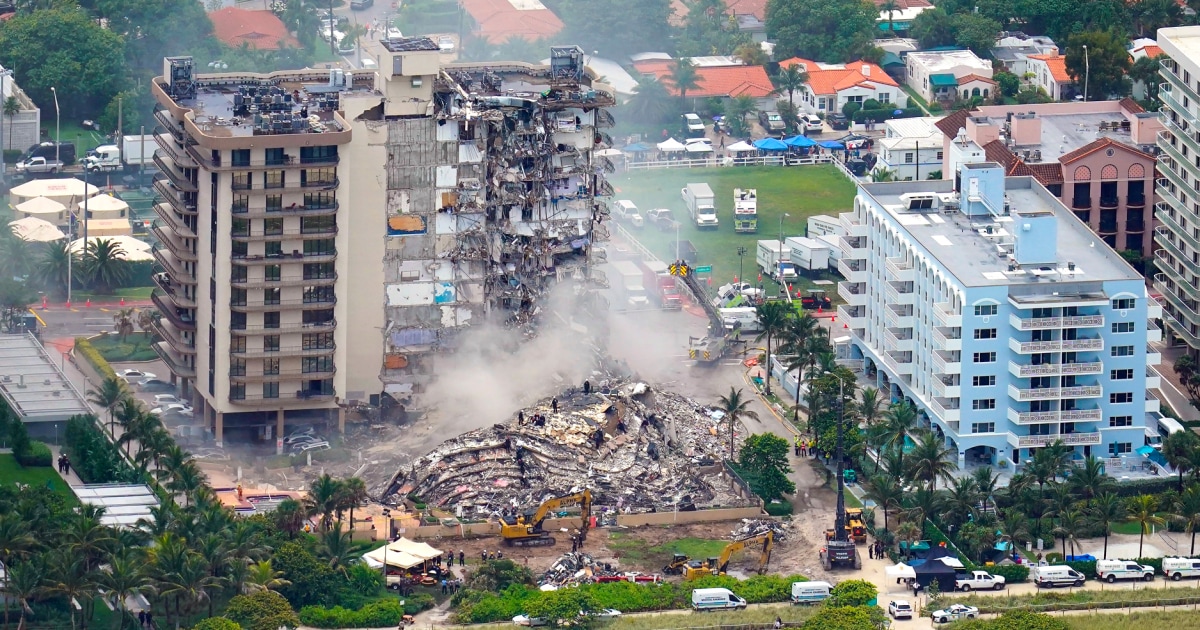- cross-posted to:
- [email protected]
- cross-posted to:
- [email protected]
New laws in the wake of the 2021 collapse of the Champlain Towers have priced out some retirees, who are scrambling to afford hefty repair bills.
…
Across Florida, aging condo buildings are facing rising expenses and millions of dollars in structural repairs to comply with new regulations following the collapse of the Champlain Towers condominium, which killed 98 people in 2021. While new building requirements are intended to prevent a similar tragedy, the costs are pushing some condo owners to the brink financially and jeopardizing one of the last bastions of relatively affordable housing along Florida’s coastline.“We’ve got to get these buildings back in shape, but for those that are renters and for those that are owners on fixed incomes it means they may have to find other housing,” said Florida House Rep. Vicki Lopez, who helped craft the legislation and whose Miami district includes more than 600 condo associations. “We already have an affordable housing crisis in Florida, so this perfect storm has arrived at a very difficult time.”
In Florida, like across the country, the soaring cost of housing has become a major pressure point on household finances. Home prices in Florida have increased 67% since 2020 and homeowners insurance was up 42% last year. In the vast majority of Florida counties, the median-income household can’t afford the median-priced home, according to NBC News’ Homebuyers Index.
Older condominium buildings have provided an alternative for those who have been unable to afford a single-family home or are looking for a lower-maintenance alternative. The buildings are often home to retirees — some of whom have lived there for decades — along with single-income households and renters.
But now, affording to live in even those buildings is becoming out of reach for some. Under legislation passed by the Florida state Legislature following the Champlain Towers collapse, condo buildings over three stories and older than 30 years must pass a structural inspection by the end of the year. That requirement applies to roughly 900,000 condo units across the state. It also requires condo associations to keep a minimum amount in their reserves to fund future repairs, requiring many buildings to increase their monthly association dues.



You would think the rapidly escalating insurance cost would be a warning that Florida is not good or safe place to live. If your home is built on shifting sand, threatened by rising seas, and virtually guaranteed to be regularly battered by violent storms perhaps you should move before it completely depreciated. Floridians better hope Aquaman has a big checkbook.
Its in the damn Bible haha. These thumpers oughtta start edumacating themselves on its contents.